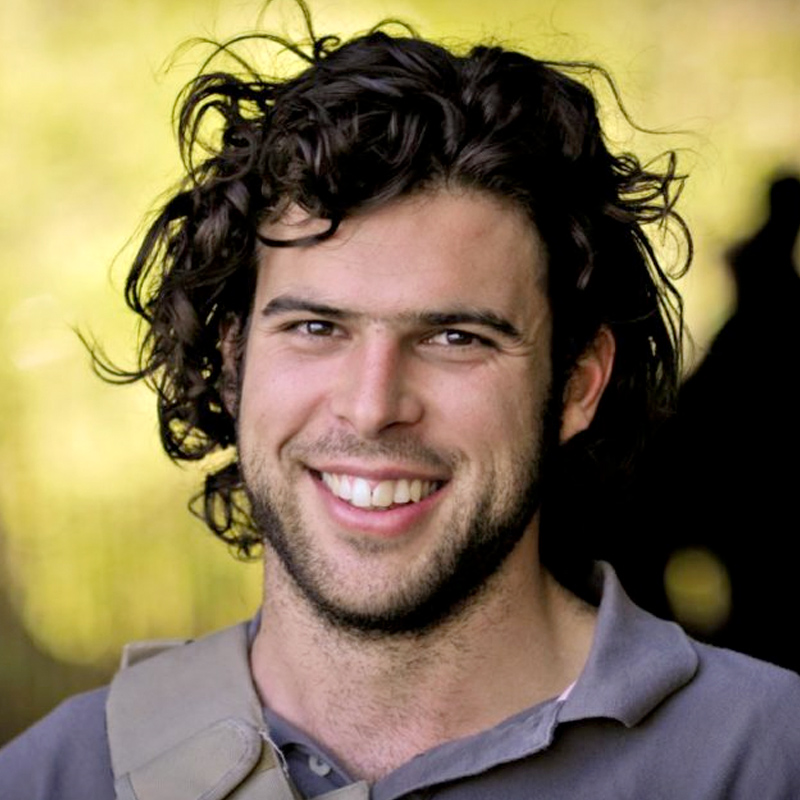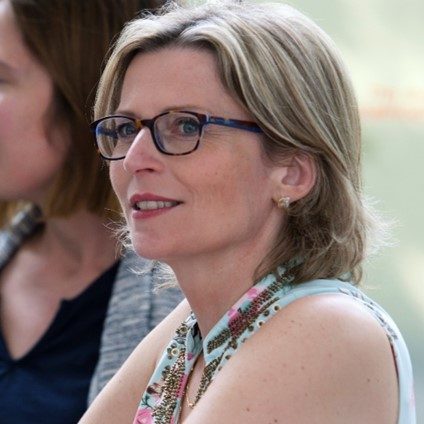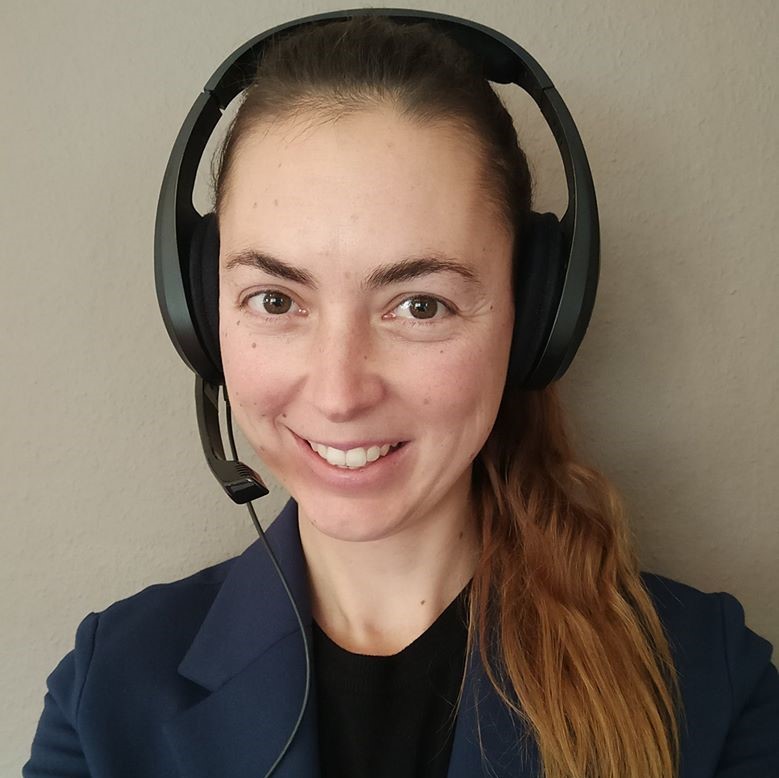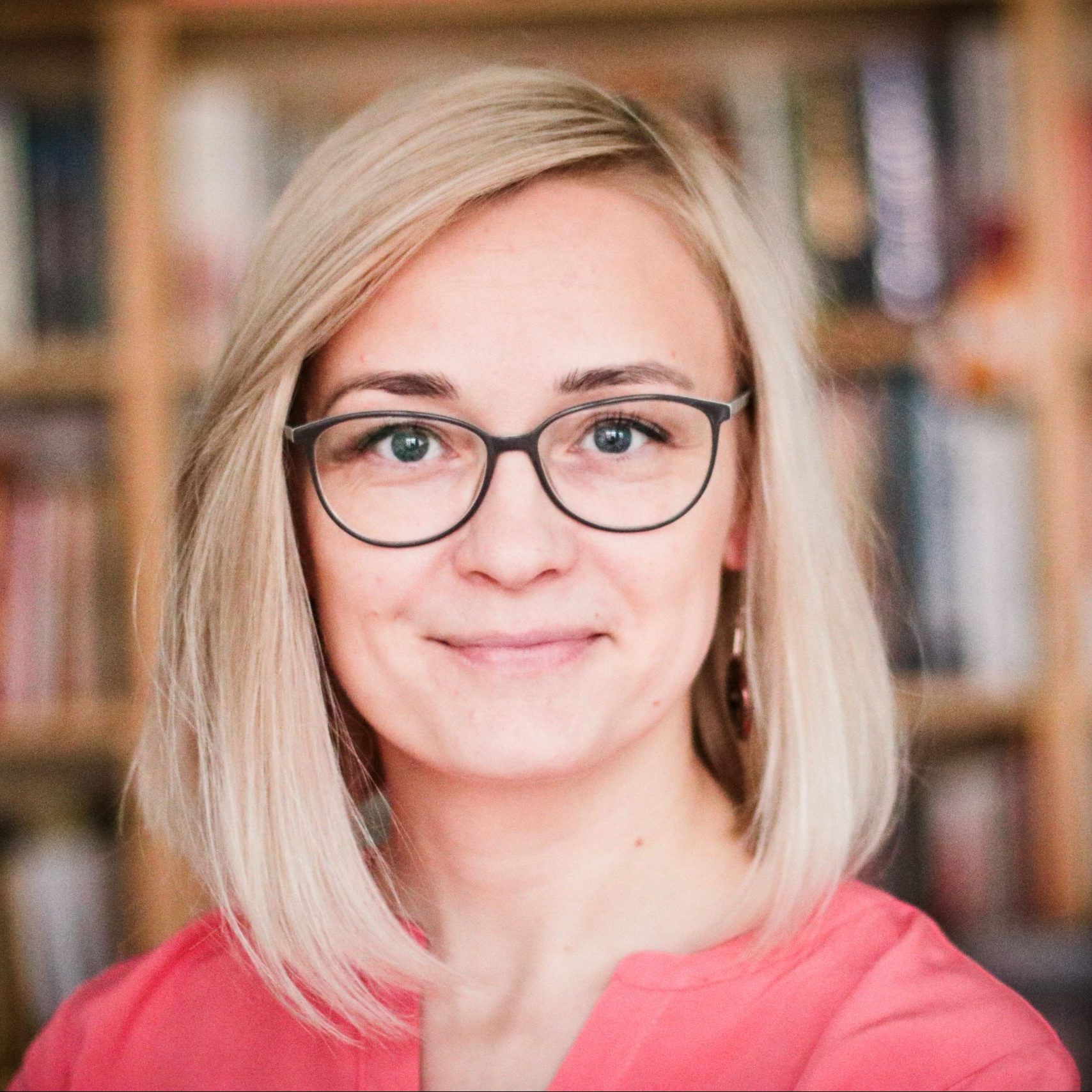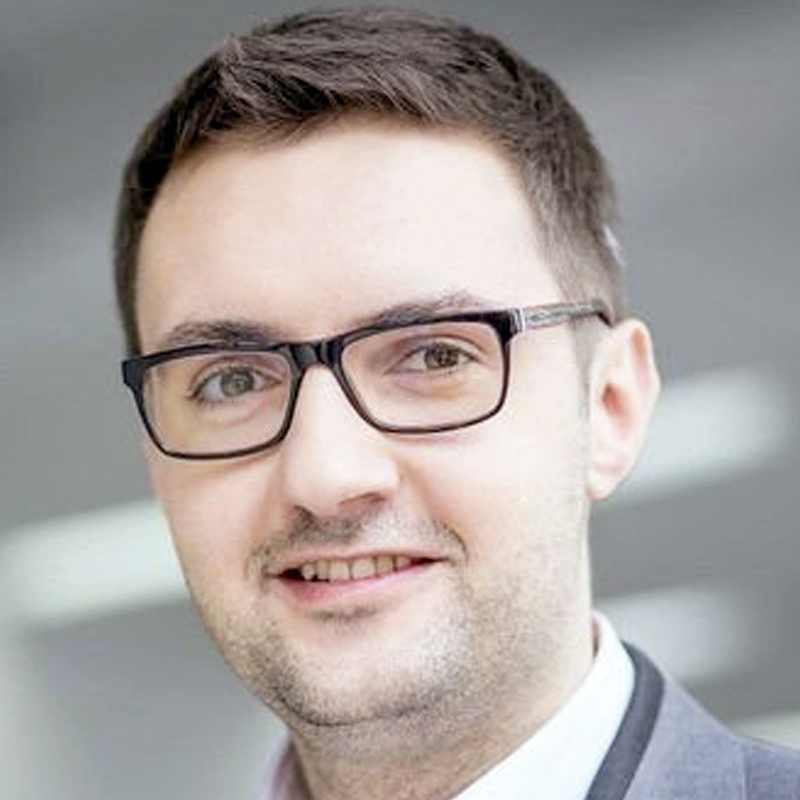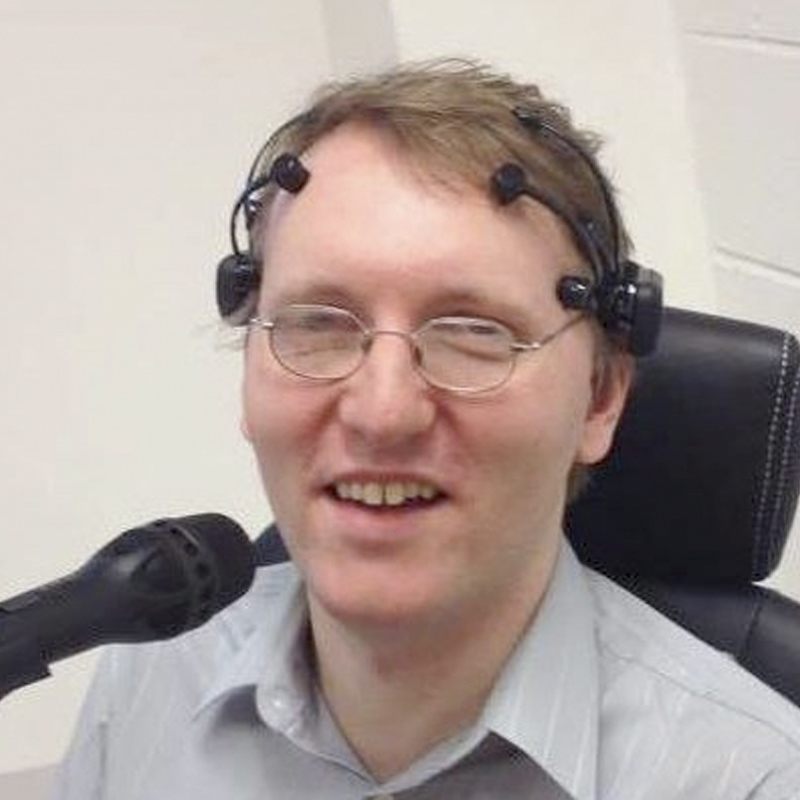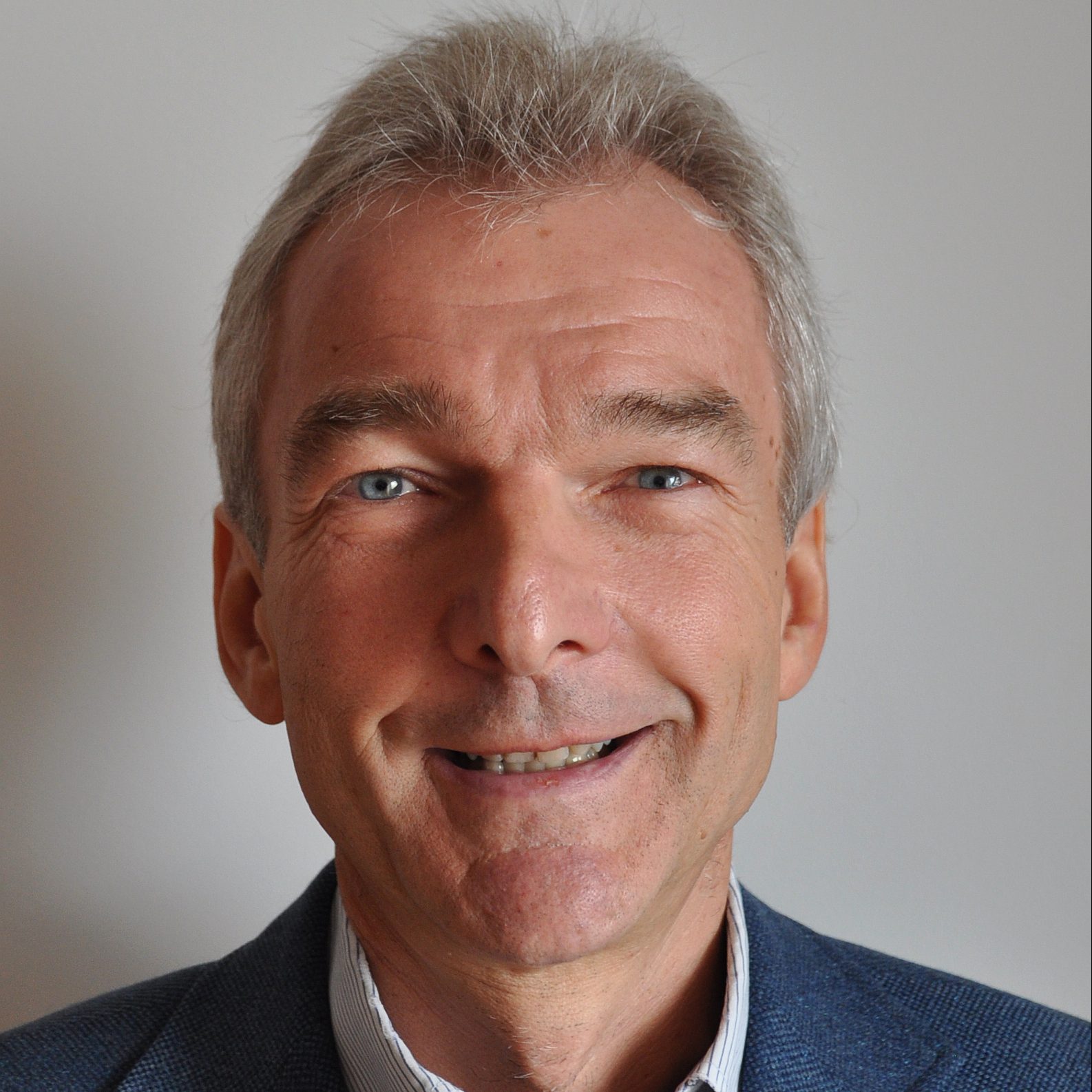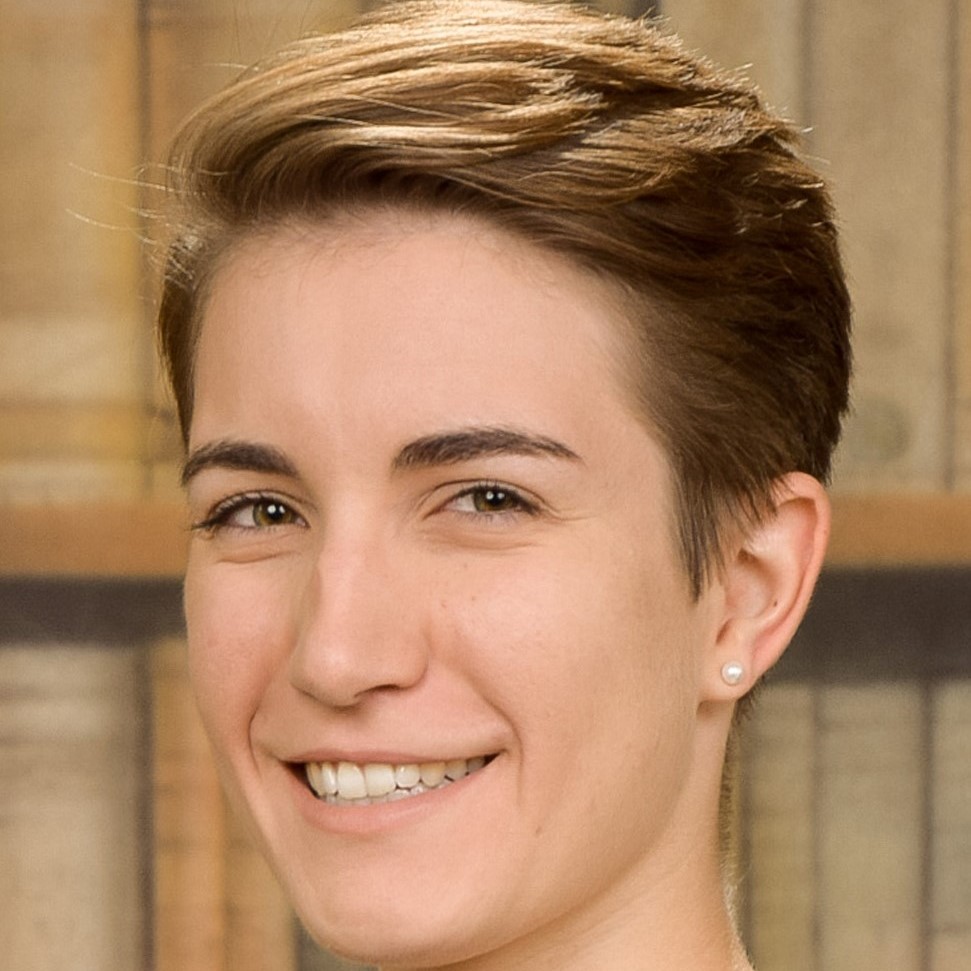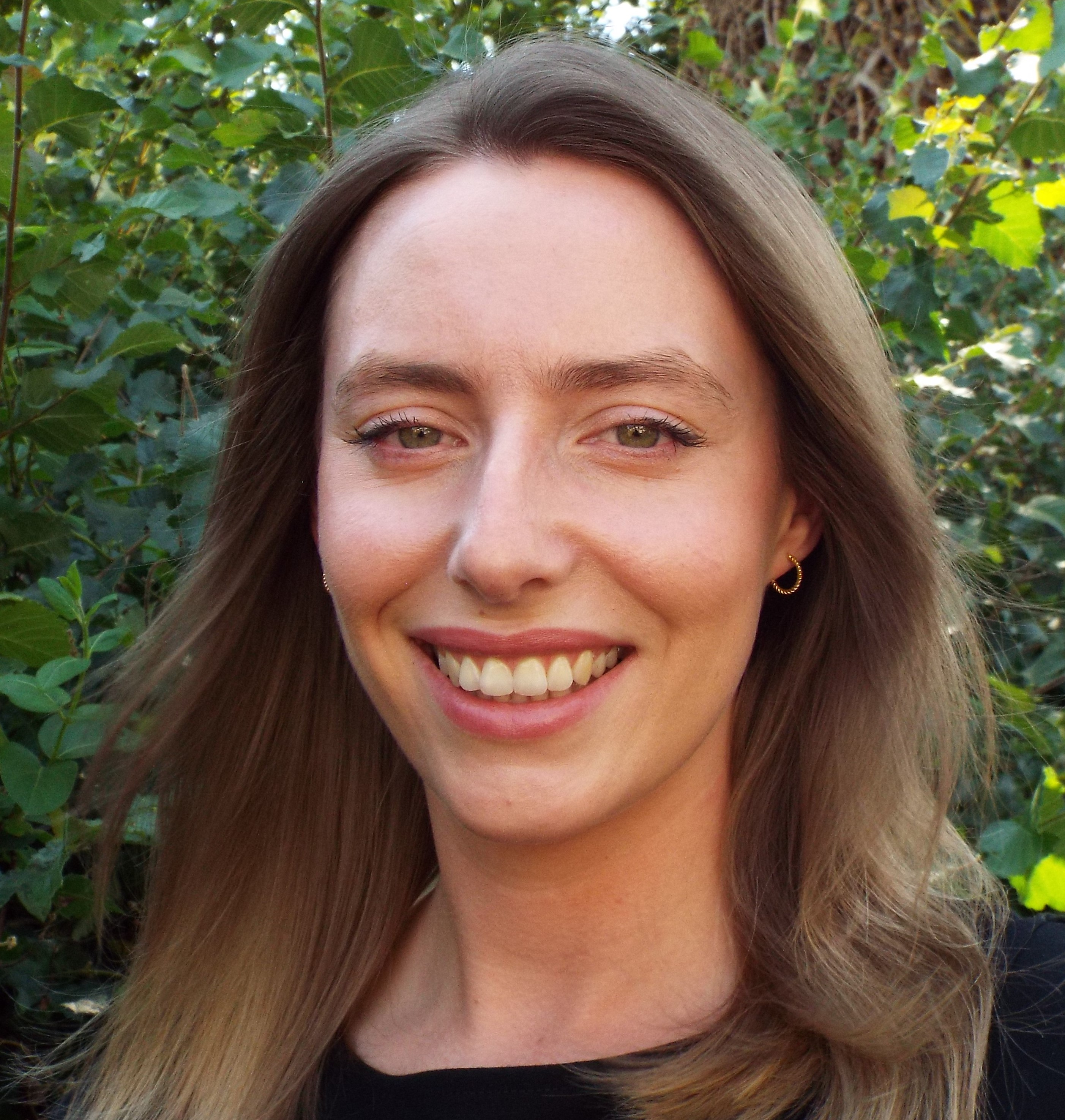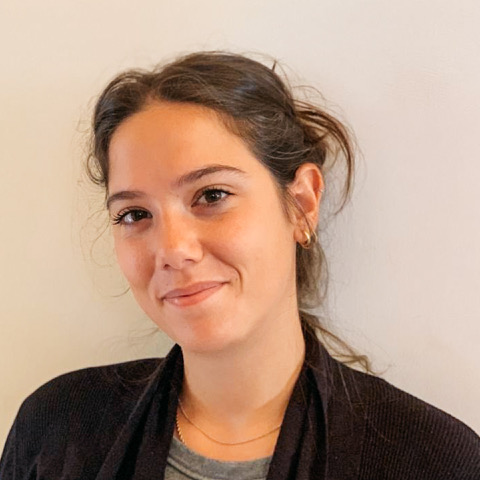About This Course
In this self-paced introductory course, you will learn the fundamentals of live subtitling and speech-to-text interpreting through respeaking - a method of creating live subtitles using speech recognition software. Through relevant readings, video lectures, case studies, interviews with practitioners, and hands-on exercises, you will gain a broad understanding of what live subtitling and speech-to-text interpreting involve and how to become a live subtitler / speech-to-text interpreter. Designed by world-leading experts in live subtitling and speech-to-text interpreting, the course covers the fundamentals of intralingual and interlingual live subtitling and speech-to-text interpreting in live events, educational settings and on television. The demand for live subtitlers and speech-to-text interpreters is growing rapidly and this course prepares you to tackle real-world accessibility challenges.
The ILSA course is structured in a modular way and consists of three major components:
By completing the foundational modules, you will acquire the fundamental knowledge and skills necessary before you start learning respeaking. Apart from learning the basics of subtitling and interpreting, you will also be introduced to different access services and user needs. These modules must be taken before the core components, but can be followed in any order.
During the core modules, you will learn how to produce live subtitles by speech-to-text interpreting - both intralingually and interlingually - using speech recognition software. These modules can only be taken after you have completed the foundational modules.
In the applied modules, you will put your newly acquired speech-to-text interpreting skills into practice by working in the context of live events, education and television. You can take these modules after you have acquired the knowledge and skills from the core components.
The course was developed as a result of the ILSA project, funded by the EU with the support of the Erasmus+ Programme under grant no. 2017-1-ES01-KA203-037948.
Course Staff
Pablo Romero Fresco
Pablo Romero Fresco is Ramón y Cajal researcher at Universidade de Vigo (Spain) and Honorary Professor of Translation and Filmmaking at the University of Roehampton (UK). He is the author of the books Subtitling through Speech Recognition: Respeaking (Routledge) and Accessible Filmmaking: Integrating translation and accessibility into the filmmaking process (Routledge). He is the leader of the international research centre GALMA (Galician Observatory for Media Access), for which he is currently coordinating several international projects on media accessibility, including ILSA: Interlingual Live Subtitling for Access, funded by the EU Commission. Pablo is also a filmmaker. His first documentary, Joining the Dots (2012), was screened during the 69th Venice Film Festival and was used by Netflix as well as film schools around Europe to raise awareness about audiodescription.
Isabelle Robert
Dr. Isabelle Robert is lecturer in text production, Dutch-French translation and revision and editing. Her research focuses on translation, revision and post-editing competence (acquisition), cognitive aspects of writing in L2, translation and revision processes, and quality assessment in (live) interlingual subtitling. She is currently involved in the Erasmus + Project “Accessible Culture and Training” (ACT, led by the Autonomous University of Barcelona), where she has developed expertise in competence and professional profile definition, curriculum design and training material (e.g. MOOC) development.
For this project, she will particularly rely on her expertise in empirical research (process studies, online surveys), and in particular on the experience she developed in a pilot project in interlingual live subtitling with speech recognition, carried out in collaboration with her colleague Prof. Aline Remael and the Flemish commercial broadcaster VTM. In addition, she has experience in project supervision (e.g. internally funded one-year research project on revision competence).
Veerle Haverhals
Started to work as a respeaker/live subtitler in 2008 at VTM (Broadcaster in Belgium), after a pilot project with University of Antwerp and VRT.
In 2009 she joined the University of Antwerp to teach about respeaking in the Master of Interpretation, while continuing to work for VTM as a respeaker.
Today, Veerle is still at VTM, leading a team of 9 respeakers. On top, she is respeaking at events for interlingual tasks as a freelancer. Now she joined the ILSA team to focus on the interlingual respeaker skills.
Agnieszka Szarkowska
Dr hab. Agnieszka Szarkowska is Assistant Professor in the Institute of Applied Linguistics, University of Warsaw. She is the founder and head of the Audiovisual Translation Lab (AVT Lab, www.avt.ils.uw.edu.pl) and specializes in audiovisual translation, especially subtitling for the deaf and hard of hearing and audio description. Pioneering research on live subtitling through respeaking, together with her team she was awarded the first Polish research project on respeaking, funded by the National Science Centre Poland. She is a member of the European Association for Studies in Screen Translation (ESIST), the European Society for Translation Studies (EST) and an honorary member of the Polish Audiovisual Translators Association (STAW).
Łukasz Dutka
Łukasz Dutka is lecturer and trainer at the Institute of Applied Linguistics at the University Warsaw, Poland, and is involved in training interpreters and audiovisual translators. In 2012 he became an in-house subtitler for Polish public broadcaster TVP and was responsible for semi-live subtitling of news broadcasts. From 2014 to 2016 he worked in the research project “Respeaking – process, competences, quality”, led by Dr Agnieszka Szarkowska at the Uniwersity of Warsaw and took part in organising training workshops in respeaking as well as respeaking tests for the participants.
He’s a member of the Dostepni.eu team, which pioneered live subtitling through respeaking in Poland with the first accessible political and social events in 2013, the first interlingual live subtitling in 2015 and the first Polish television broadcast with live subtitling through respeaking in 2017. He has experience working as an interpreter, respeaker, audiovisual translator and providing theatre surtitles and he now works on a PhD on respeaking competences and quality in live subtitling.
He also works as a consultant for streaming and broadcasting companies in the field of accessibility and AVT quality. He is a member of the University of Warsaw Audiovisual Translation Lab (AVT Lab), the Polish Association of Audiovisual Translators (STAW), the European Society for Translation Studies (EST) and the European Association for Studies in Screen Translation (ESIST).
Wojciech Figiel
Wojciech Figiel has recently completed his PhD thesis on translators and interpreters with visual impairments. In addition to being an active translator and interpreter (his working languages are English and Spanish), he is the first Polish blind respeaker. He was awarded a grant from the National Centre of Science, and he has also participated in numerous research projects, including on respeaking. His academic interests include, but are not limited to, sociology of translation, disability studies, accessibility and audiovisual translation.
Franz Pöchhacker
Prof. Franz Pöchhacker has been engaged in research and teaching in the area of interpreting since 1990 and has worked on a great variety of topics in the field of interpreting studies. His work on quality in simultaneous interpreting, which is of particular relevance to interlingual live subtitling, is reflected, inter alia, in a two-year research project (2008-2010) financed by the Austrian Science Fund, which involved innovative experimental designs and analytical techniques focusing on prosodic features of interpreters’ spoken delivery.
In the area of interpreter training, he has carried out survey research on teaching practices and supervised numerous MA research projects on various aspects of interpreter training, including interpreting strategies, teamwork and technology use. His model of interpreting competence, first published in 2000, can serve as a reference point for modeling the skill components and competencies required for the novel task of interlingual live subtitling.
Martina Tampir
Martina Tampir holds a Master’s Degree in Translation and Interpreting (Conference Interpreting – German/English/Spanish) from the University of Vienna. She has also spent two semesters studying at Universities in Spain (Salamanca and Madrid). She is a member of the ILSA project team and currently works as an intra- and interlingual live subtitler for German TV stations.
Hayley Dawson
Hayley Dawson is a Research Fellow at the University of Surrey contributing to the ESRC-funded SMART project, which investigates how respeaking technology can provide multilingual access. She holds a PhD in Translation Studies from the University of Roehampton, in which she explored training for interlingual respeakers to provide access for a wide audience. She is a member of the international research group GALMA and contributes to delivering training courses for pre-recorded subtitling and interlingual respeaking. Hayley also works as a freelance language and accessibility specialist and provides services in Spanish to English translation, subtitling, respeaking and training.
Alice Pagano
Alice Pagano holds a Master’s Degree in Conference Interpreting (Italian, English, Spanish) from the University of Strasbourg. She works as a freelance translator, interpreter and post-editor. Alice is currently a PhD student in Digital Humanities at the Università degli Studi di Genova (Italy) in co-tutorship with the University of Vigo (Spain), where she is testing the quality of different interlingual live subtitling methods to provide accessibility.
